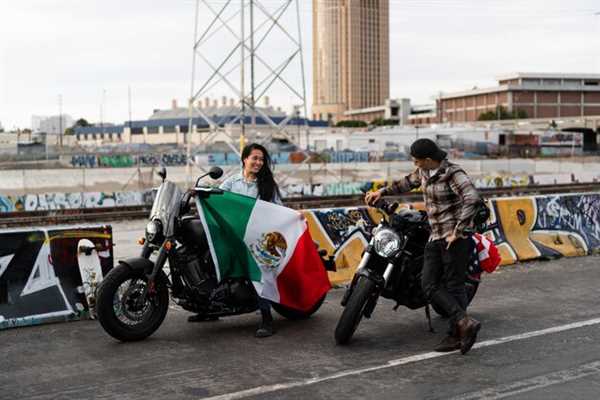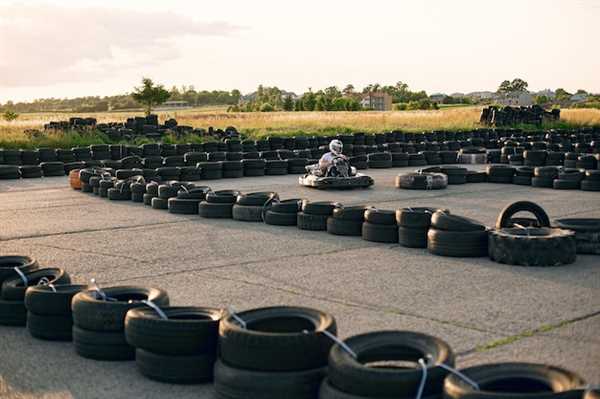
Explore the thrilling moments from legendary competitions that left an indelible mark on the realm of automotive sport. Each event highlighted in this overview not only showcased exceptional driving talent but also influenced rules, technologies, and fan engagement. Key competitions such as the 24 Hours of Le Mans and Monaco Grand Prix set the stage for innovation and were pivotal in redefining racing as we know it.
Witness how the gritty battles on tracks like Daytona and Silverstone sparked new rivalries and advancements in vehicle performance. These contests captured the imagination of fans and inspired future generations, proving that the essence of speed and strategy can ignite passion across various demographics. Each occasion is a crucial chapter in the narrative of competitive driving and serves as a reference for contemporary and aspiring racers alike.
Key Factors That Define Legendary Races
Unforgettable moments resonate deeply with fans, especially those marked by unexpected twists and profound rivalries. Such events spark passion and elevate the significance of any competition.
Iconic locations play a crucial role; venues like Monza or Le Mans carry rich traditions, adding character and prestige to the contests held there. The place itself often becomes a symbol of excellence and endurance.
Innovative technology emerges as a game-play differentiator. From the development of aerodynamics to advancements in tire compounds, the relentless pursuit of speed has shaped the narrative of numerous competitions.
Strategic decisions made during pivotal moments create defining legacies. Crew calls on tire choices or fuel strategies can tip the scales and lead to unexpected outcomes, generating lasting discussions among enthusiasts.
Unprecedented rivalries ignite intense enthusiasm. Battles between top drivers or teams often result in legendary confrontations, etching their names in the annals of competitive events.
Cultural impact also matters. Iconic instances resonate with broader societal themes, drawing in audiences beyond just the participants, thus creating a shared experience that contributes to their legendary status.
Fan engagement remains a significant aspect. Supporters’ passions, whether expressed through cheering in the stands or through social media platforms, enhance the atmosphere and provide a backdrop to thrilling narratives.
How Historical Context Influenced Motorsport Events

The development of motorsport has often mirrored the socio-economic climate of its time. Events such as the Monaco Grand Prix became symbols of luxury during the post-war economic boom, showcasing not just speed but also opulence. This made the race not just a competition, but a cultural spectacle.
Similarly, the establishment of NASCAR in the United States during the 1940s capitalized on the popularity of American stock cars and the growing interest in automotive culture after World War II. The format was not only about racing; it tapped into the national love for cars and a desire for homegrown entertainment.
The rise of Formula 1 in the late 20th century can be attributed to increasing globalization and technological advances. These elements transformed the sport into a global phenomenon, drawing massive audiences and corporate sponsorships, while famous events like the Belgian Grand Prix at Spa-Francorchamps highlighted the challenges of racing in varying weather conditions, adding another layer of excitement.
Throughout history, regulations shaped competitions. The introduction of safety measures following tragic incidents influenced car design and racing strategies. Events like the Le Mans 24 Hours, with its rich tradition, emphasize endurance and showcased technological advancements over decades, uniquely blending innovation and tradition.
Understanding these historical contexts enriches the appreciation of famous motorsport events, revealing how they are intertwined with cultural, economic, and technological narratives of their times.
Lessons Learned from Iconic Race Day Strategies

Optimize tire strategy based on weather conditions. Successful teams like those at Le Mans have adapted their rubber choices during unexpected rain, demonstrating that flexibility can lead to victory.
Each pit stop can be a critical moment; minimizing time spent can be the difference between winning and losing. Case studies from famous endurance events show that precision and teamwork in the pits enhance overall performance.
Track positioning often dictates race outcomes. Drivers like Ayrton Senna mastered the art of defending leading positions, illustrating that strategic placement can thwart competitors.
Monitor fuel consumption closely. Notable teams have found success by balancing speed and efficiency, learning to maintain competitive lap times while conserving resources to avoid pit stops.
Embrace innovative technologies. The use of telemetry data was pivotal during historic seasons, leading to real-time adjustments that propelled teams towards podium finishes.
Understanding rival strategies plays a vital role in decision-making. Analyzing competitor behavior during key moments can inform tactical changes that capitalize on their weaknesses.
Lastly, resilience under pressure is crucial. Legendary drivers exhibit calmness during high-stakes situations, a quality that has proven to lead to remarkable come-from-behind results.



